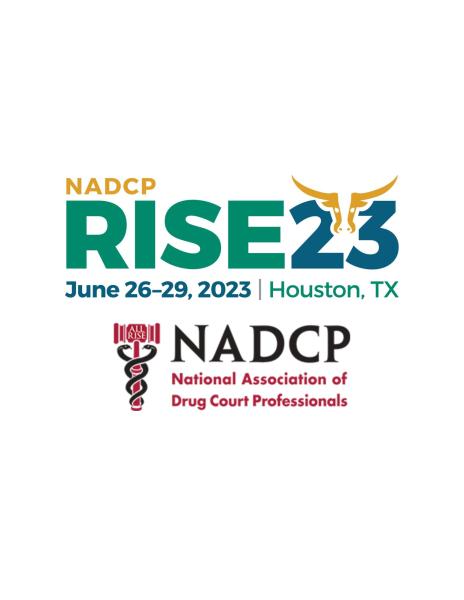This is a brochure designed and published by the State of Illinois, Department of Human Services. It provides information on how to recognize and respond to an opioid overdose.

Drug rehabilitation (often drug rehab or just rehab) is the processes of medical or psychotherapeutic treatment for dependency on psychoactive substances such as alcohol, prescription drugs, and street drugs such as cocaine, heroin or amphetamines.
This is a brochure designed and published by the State of Illinois, Department of Human Services. It provides information on how to recognize and respond to an opioid overdose.
NIC is excited to attend the RISE conference, which brings together esteemed public health and public safety leaders dedicated to enhancing access to treatment for individuals with substance use and mental health disorders who find themselves entangled in the justice system. Our will be able to share what we learn with state and local partners, which will help them to improve the quality of care they provide to people with substance use and mental health disorders.
In addition, NIC is also looking forward to networking with other leaders. These relationships will be essential to NIC's efforts to improve the safety and effectiveness of the nation's correctional systems.
| Monday | Tuesday | Wednesday | Thursday |
|---|---|---|---|
| 2pm-7pm | 7am-6pm | 7am-6pm | 7am-12pm |

This guide focuses on using medication-assisted treatment for opioid use disorder in jails and prisons and during the reentry process when justice -involved persons return to the community.
The most effective therapy for people with opioid use disorder (OUD) involves the use of Food and Drug Administration-approved medications—methadone, buprenorphine, and naltrexone.
Montgomery County DOCR, YouTube Video (18:57 minutes)